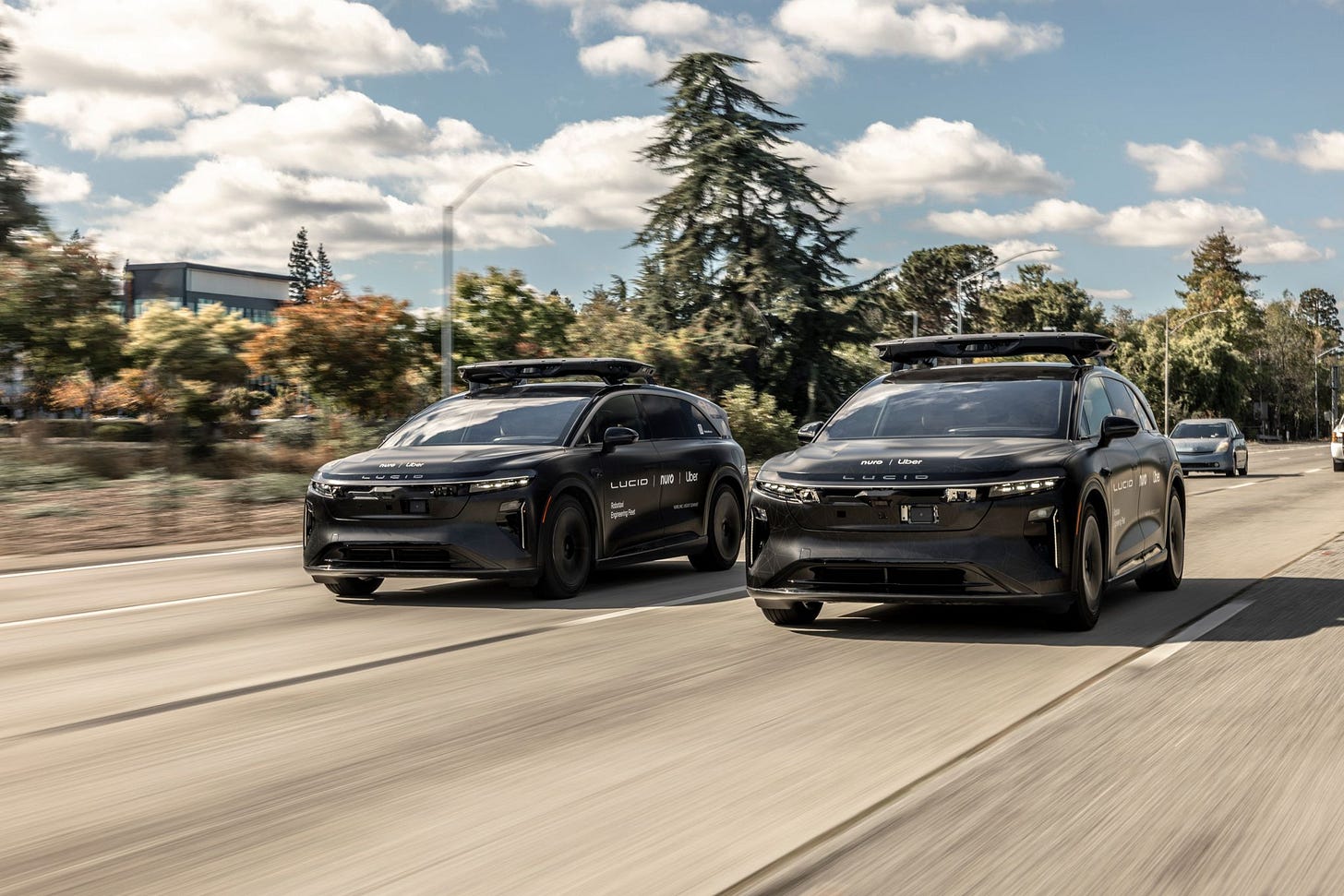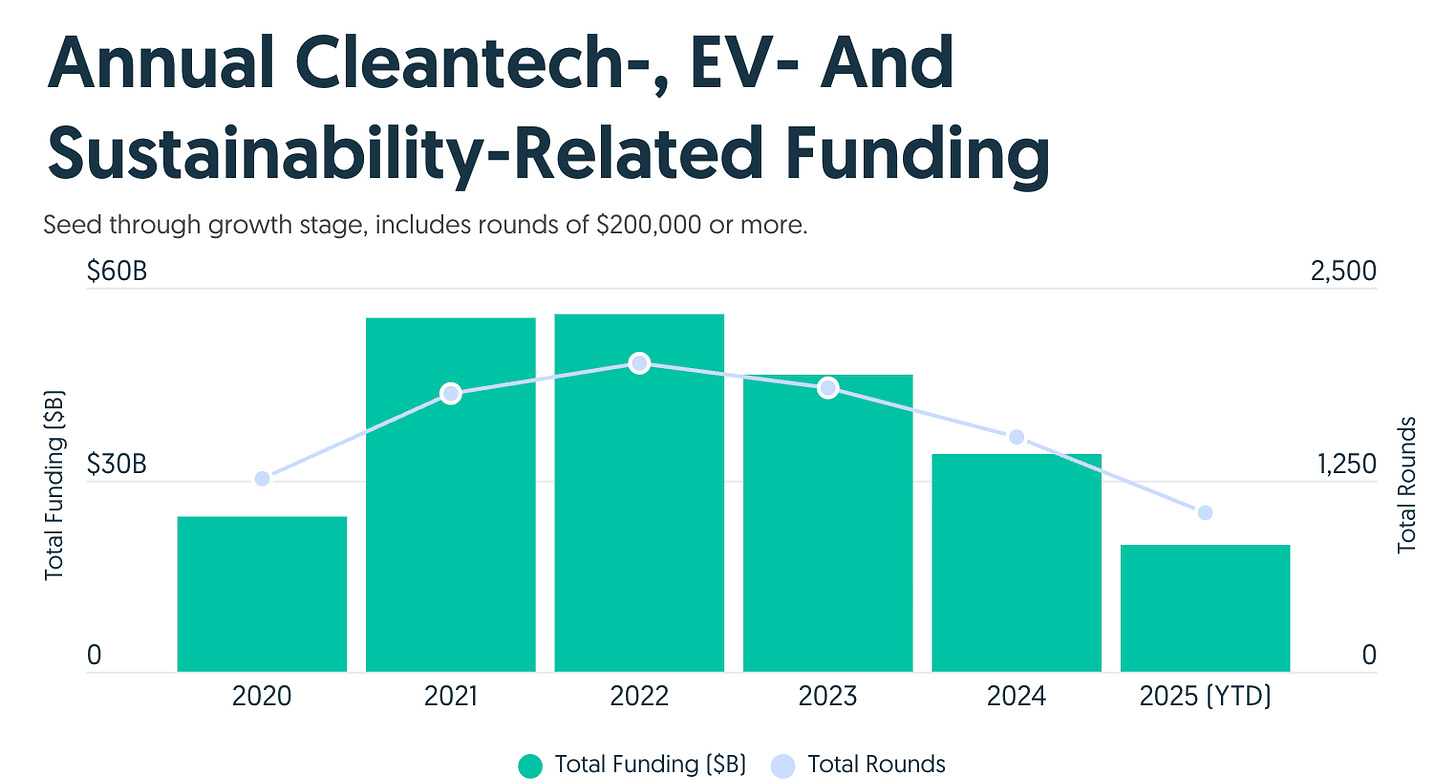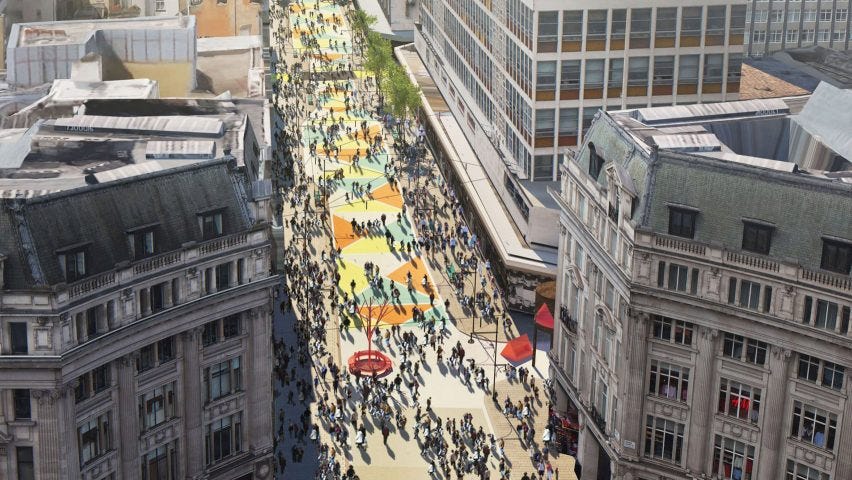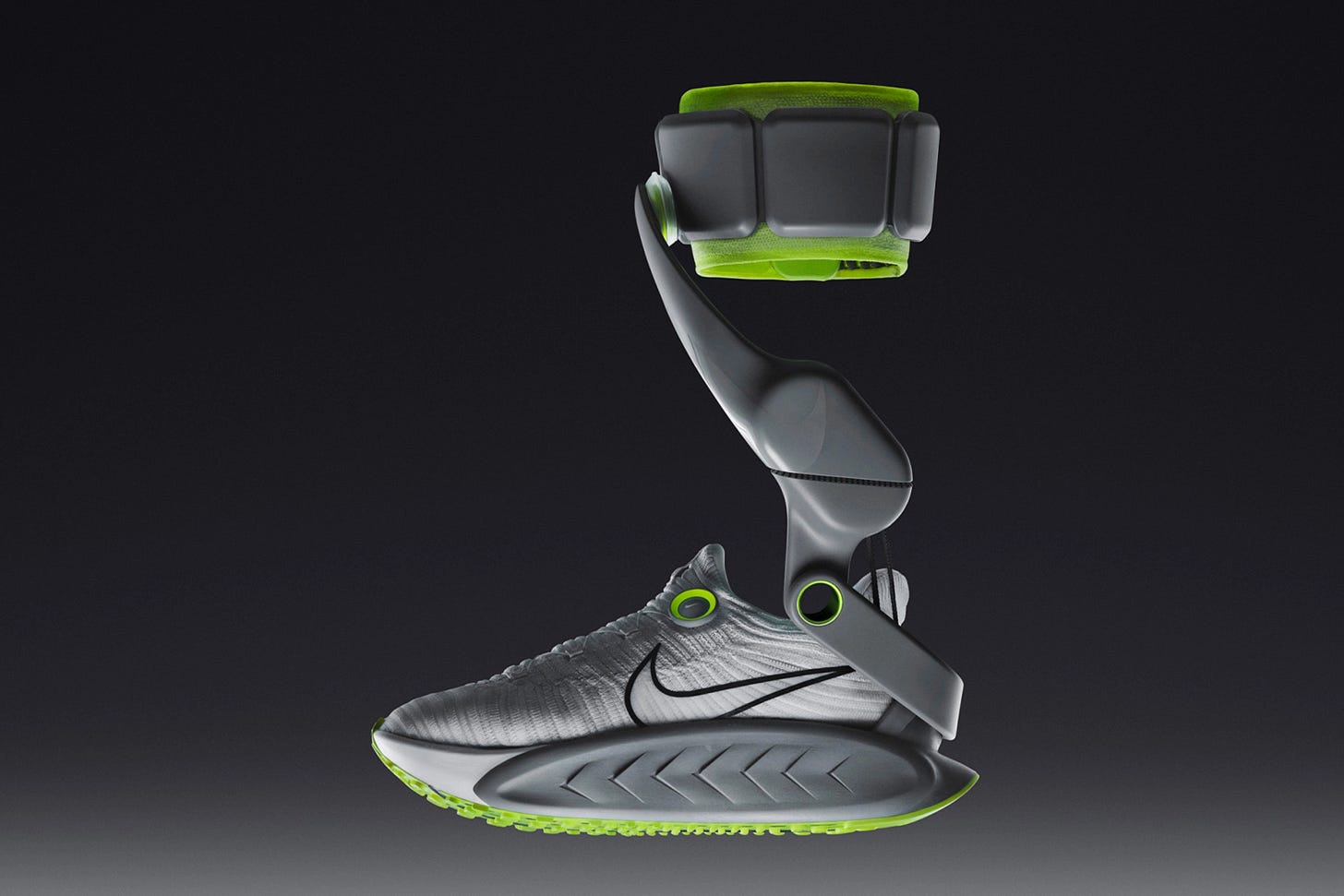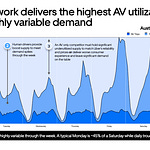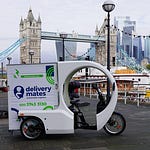A city can spend all the money in the world on making its streets multi-modal, on transit investments and the like, but if all the jobs are still located out in the burbs, commuters will likely opt to stick with their cars. That’s why corporate mobility is so important — the interplay between governments and employers that can nudge workers onto greener transportation options.
For this episode of Zag Talk, I chat with Maria Angelica, an urban planner and consultant at Factual about the challenges that cities, workers and employers face, the carrots and sticks that can be deployed (which can really vary depending on if you’ve got a single job site or a distributed workforce) and innovative approaches being deployed in Europe and worldwide.
More importantly, Maria has authored a new course on Corporate Mobility for UMX, the European Union’s free, self-guided educational platform for all things transportation. Interested parties can take a crack at the course now.
Also on this week’s pod, Zag Daily Editor Sela Musa and I chat about high-end two-wheelers like Also and Infinite Machine, big transportation changes headed to the U.K., Grubhub’s new partnership with Instacart, the latest plans for California Forever and more. Tune in above, and thank you to our episode sponsors at EIT Urban Mobility.
CURBIVORE RETURNS: APRIL 16 & 17 IN DTLA
We’re delighted to announce that Curbivore is returning, next April 16th and 17th, to Downtown Los Angeles. We’re building out a curb-centric city within a city, where you can demo the delivery technologies of tomorrow, kick the tires on autonomous vehicle innovations, meet with mobility’s brightest minds, indulge in the street food that’s rewriting the rules for how we think about public spaces and hear from the leaders that are reshaping curbside commerce.
If you’ve been in the past, you know what a special event this is; show your support by scoring a $195 Super Early Bird ticket. Act fast — ticket prices won’t stay this low for long!
HOT INDUSTRY NEWS & GOSSIP
Uber goes all-in on AVs: Uber, Nuro and Lucid are driving their AV partnership forward, with plans to launch the group’s up-market robotaxi service in the SF Bay Area next year. While Uber has mostly worked with robotaxi providers thus far, this new plan puts it in more direct competition with the likes of Waymo. Meanwhile, Uber keeps signing on new AV partners, including a plan to work with Nvidia to onboard 100,000 autonomous vehicles, all equipped with Nvidia’s Drive AGX Hyperion 1 chips, to the TNC network by 2027, including cars made by the likes of Stellantis and Mercedes-Benz.
State Capacity Rules Everything Around Me - SCREAM: Economist Zachary Liscow discusses his research that finds that one of the biggest drivers of America’s high infrastructure costs is lack of high-quality, experienced government personnel. “In California, if you increase an engineer’s quality from the 25th percentile to the 75th percentile, that reduces [repaving] costs by 14%, which is triple the average salary of a state DOT employee. It would be worth paying them a huge amount more than what they’re paid now,” he notes. If state DOTs keep experienced workers employed in-house, their labor costs pay for themselves six-times over by reducing overall costs through improved project management. (Oh, and apologies to Method Man.)
But it’s never too late to start rebuilding that muscle: Istanbul is a great example of how a government can build up state capacity over time. When the city first started building new metro lines, a lack of planning and shifting political priorities drove costs and timelines way up. The city has since created a Projects Directorate, improving management, documentation and de-politicizing decision making, driving newer subway construction costs to a very reasonable $224 million per mile (adjusted for purchasing power parity and inflation.) Meanwhile, American agencies like San Jose’s VTA seem to be going in the opposite direction, plowing ahead with plans to build an over-scoped system through suburbia at the wild cost of over $2 billion per mile.
Cleantech clobbered? It’s a tough time for sustainability-related startups: tariffs, rare mineral wars, disappearing EV subsidies, “ESG” becoming non grata… For the year to date, funding for EVs, battery tech and the like has fallen to $20 billion, down $34B in all of 2024, and highs of ~$55B in the go-go years of ‘21 and ‘22.
Grab’s super app: Southeast Asia’s mobility and delivery leader Grab is looking to morph into a “super app,” with the launch of partners apps within its platform. The initial services include eSIM registration, bike-sharing, gaming, short form videos, bus tickets and p2p carsharing. Regional competitor Gojek has also made plays at super app-ing, but usually the winners in this space are messaging or payment apps like WeChat and Alipay.
Now that’s a nice curb! London is overhauling its iconic shopping district — Oxford Street — to be pedestrianized and full of public dining and recreation spaces. Architecture studios Hawkins/Brown and East are leading the project, alongside Gehl and Publica, which spans over 1.1 km (~.7 miles.) The concept of pedestrianizing the high street first emerged in 2017, but was initially blocked by local councilors (sounds familiar!)
Slow down: New York City now requires e-bike riders to follow a 15 miles per hour speed limit, which is slower than the speed a commuter on a regular bike is apt to hit. Citi Bike has already seen software-defined speed limitations enabled, while average bikers will have to trust their instincts. The real drive here is to crack down on dangerous delivery riders, but this is a terrible way to go about it. Meanwhile, towns in Michigan are cracking down on people riding golf carts on public roads (but is that about safety or protecting the local car industry?)
Humanoids, so hot right now: Kiwibot cut its teeth as one of the OGs in the delivery robotics space, but it recently turned a few heads as it rebranded to Robot.com. Now the second shoe has dropped, as the startup has revealed an expanded product lineup that includes a humanoid for kitchen operations and material handling and a “dog” for displaying ads.

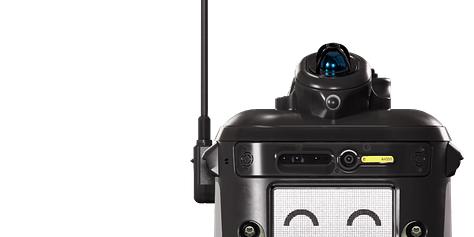
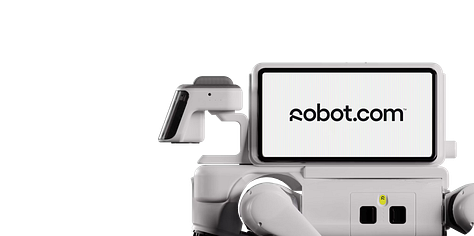
Bike subscriptions, so hot right now: Ridepanda just closed on $12.6 million in new funding, including a mix of debt and equity. Backers include Bikeleasing Group, Blackhorn Ventures, Yamaha Motor Ventures, Proeza Ventures, Somersault Ventures, Oyster Ventures, CSC Leasing and Camber Road. Ridepanda’s spin on bike subscriptions is to find employers who will make it a worker benefit, ideally as part of an RTO push.
Feet - the original mobility device? Nike just announced Project Amplify, “the world’s first powered footwear system,” aiming to help “everyday athletes” go a bit further with their walking, jogging and running. Watch out, Marty McFly!
A bit of transit and housing news: LA Metro approved plans to build run-through tracks at Union Station, which would allow Metrolink to operate like a modern S-Bahn instead of CBD-oriented commuter rail. Speaking of CBDs, Manhattan, LA, Chicago and DC top the list of cities converting old offices into apartments — in the end this could be a mixed bag for transit ridership recovery. As for recovery, NYCMTA ridership hit 4.55 million riders on October 22nd, a post-pandemic record (back in 2015, the system would get about 6.2 million riders a day.) And back in LA, construction has broken ground on a large mixed-use complex in the Westside, near the E Line; the city contentiously up-zoned this area a few years back — so these 600+ new apartments will be replacing just 20 single family homes.
PARTNER | FAV Summit on Nob 5-7: Join us at the 13th annual FAV Summit this November and hear from the experts! Topics will include automated, connected, electric and shared (ACES) mobility, operations, law, infrastructure, functional design, cyber security, ethics, aftermarket products, enabling technologies, and public policy. Register now!
A few good links: FCC looks to retroactively ban DJI drones. Singaporeans call for the return of 24-hour bus service, while celebrating the launch of transit oriented reflexology. Happy 100th birthday to “motels” — like all sorta silly, car-focused inventions, you can also blame us Californians for this one! China’s Neolix raises $600M for delivery bots. Grab and May Mobility partner up on AVs. Center City Philadelphia looks to update curb and parking regs. Ford halts electric pickup production. Infinite Machine’s stylish two-wheelers head to Europe. Accel and Prosus launch India-focused fund. Oh boy, ads are coming to Apple Maps. Crashing lithium prices leave South American mining towns in the lurch. NYC’s Metro North extension to Penn Station, meant to give faster service to low income communities in the Bronx, is delayed by three years. Wales looks to up parking prices for heavier (and thus more damaging) cars. Gopuff donates $10M in free groceries as SNAP funding expires. UK overhauls bus service. Serve Robotics releases First Responder Interaction Plan. Spiro raises $100M to deploy 100,000 electric motorbikes across Africa. NYC mayoral dilly-dallying imperils safe e-bike charging lockers. India emerges as French carpooling app BlaBlaCar’s top market. Lime launches pedal-free e-bikes — LimeGliders — in Los Angeles. Grubhub looks to catch up on grocery deliveries via new partnership with Instacart. Vammo raises $45M for battery-swapping mopeds in LatAm. Kroger adds Uber Eats’ restaurant listings to first-party grocery app. CARB sues truck makers as they try to wriggle out of earlier commitments to advance clean trucking regardless of federal legal outcomes. Amazon cuts 30,000 jobs amid robotics and automation push. How Upway and others plan to make e-biking more affordable. California Forever pushes ahead with Suisun City annexation agreement.
Don’t forget to score your Super Early Bird tickets to Curbivore!
- Jonah Bliss & The Curbivore Crew





